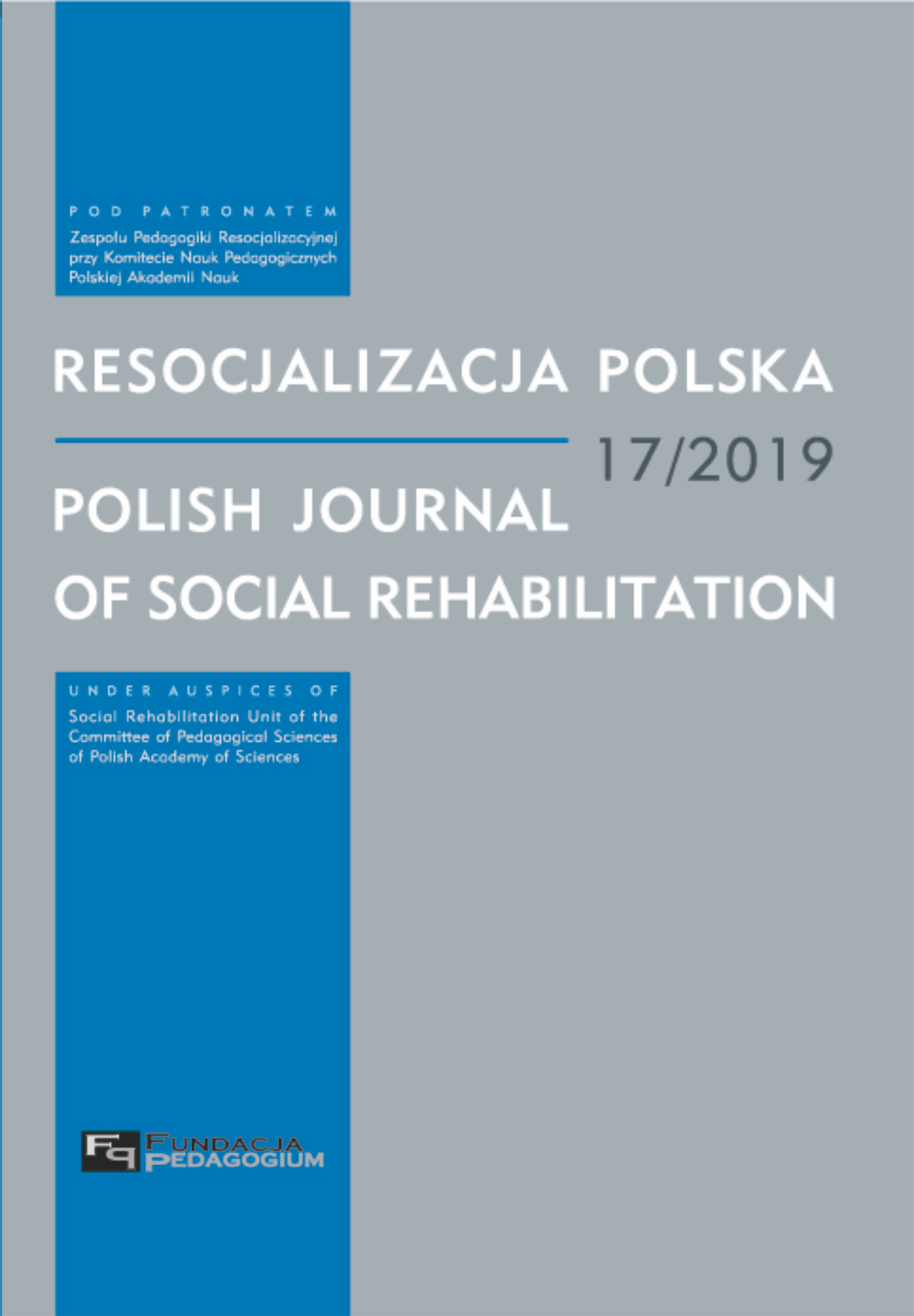Selected factors relevant to the decision-making process during the performance of diagnostic activities by the probation officer
Selected factors relevant to the decision-making process during the performance of diagnostic activities by the probation officer
Author(s): Robert OporaSubject(s): Criminology, Penology
Published by: Fundacja Pedagogium
Keywords: Probation officer; diagnosis; decision-making process
Summary/Abstract: The article presents selected aspects of knowledge that are important for the performance of diagnostic activities by the probation officer. I pay special attention to factors that play an important role in the decision-making process of the probation officer while performing diagnostic activities. I also highlight the importance of the probation officer’s understanding of the behavior of their clients and the need to take into account the context of the symptoms of social maladjustment, as this forms the basis for the preparation of appropriate plans to stop a juvenile from committing antisocial acts (Hejne 1982). The purpose of this article is also to illustrate the variety and diversity of knowledge that family probation officers should possess in order to make an objective diagnosis. The probation officers’ knowledge comes from both personal and professional sources. What influences the style of a probation officer’s work are their previous life experiences and what they have learned at work, i.e. practical, empirical and theoretical knowledge, professional ethics as well as established work standards. As it is impossible to discuss all the factors determining the functioning of persons placed on probation in a single article, only selected aspects of knowledge that are relevant to the performance of diagnostic activities by the probation officer will be presented.
Journal: Resocjalizacja Polska
- Issue Year: 17/2019
- Issue No: 1
- Page Range: 77-85
- Page Count: 14
- Language: English

